
How Life Sciences Companies Can Level Up Healthcare Education in Post-COVID Era
It’s time for these companies to bridge the knowledge gap and transform how healthcare information is accessed and used.

It’s time for these companies to bridge the knowledge gap and transform how healthcare information is accessed and used.

In an industry fraught with constant challenges, medtech leaders need to close the growing skills gap of their employee base and develop leadership from within. The pandemic’s impact on an increasingly remote workforce has caused companies to adopt a new approach to cultivating emerging leaders.
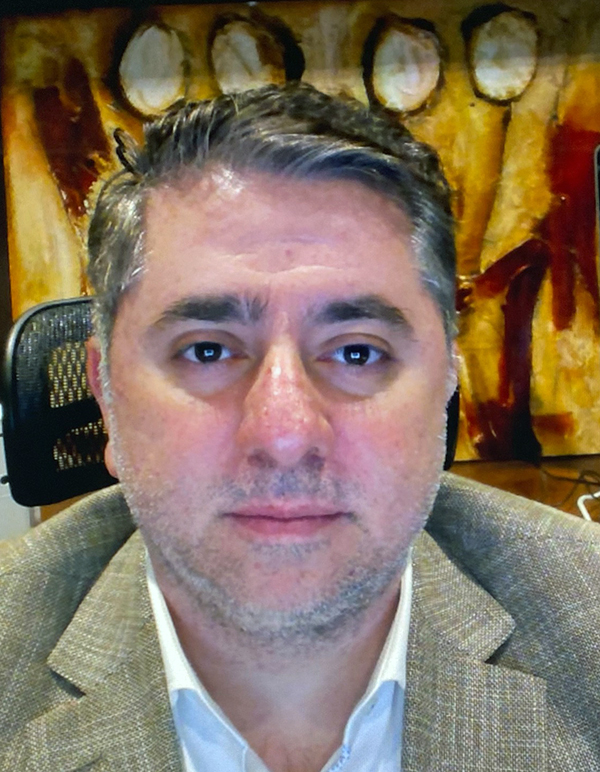
Critical care hasn’t had many breakthroughs in recent years and in order to change that, I believe we need to put more of an emphasis on integrating technology—specifically artificial intelligence (AI) —into the field.

With the accelerated adoption of many new technologies, ECRI’s annual health technology hazards list has been transformed by the COVID-19 pandemic.
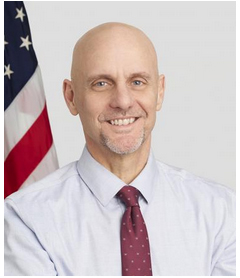
Following a dramatic but brief tenure as commissioner, Stephen Hahn, M.D. used Twitter to leave his departing remarks on the morning of the inauguration.
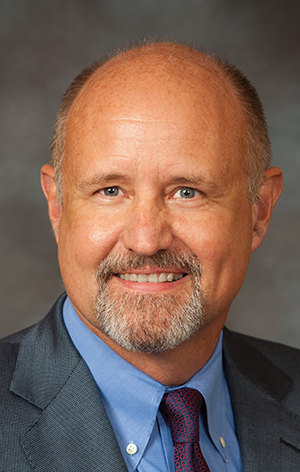
Physicians are looking for better ways to treat patients with congestive heart failure. This includes the integration of remote monitoring and novel technologies.
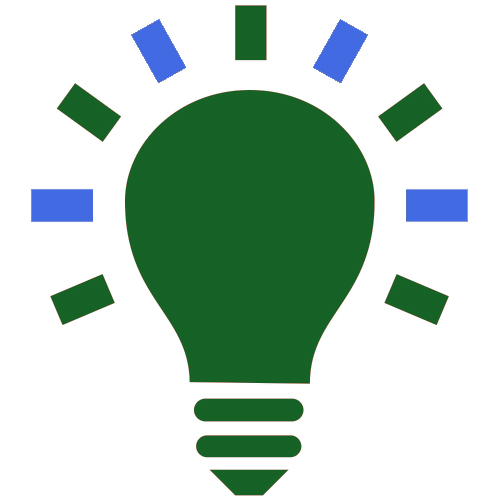
During this week’s Consumer Electronics Show, FDA Principal Deputy Commissioner Amy Abernathy talks about lessons learned from the pandemic and 2021 goals.
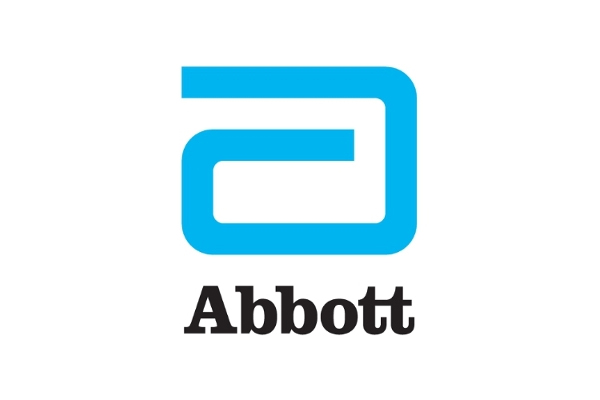
During a session at this week’s Consumer Electronics Show, Andrea Wainer, EVP of Rapid Molecular Diagnostics at Abbott, shares how the company scaled up to supply the global market with more than 300 million COVID-19 tests in 2020 and the path forward.

Its success lies in a synergy between the technological and the clinical.

Leveraging the power of technology to create a more patient-centric approach and consolidate costs is expected to play a big role.